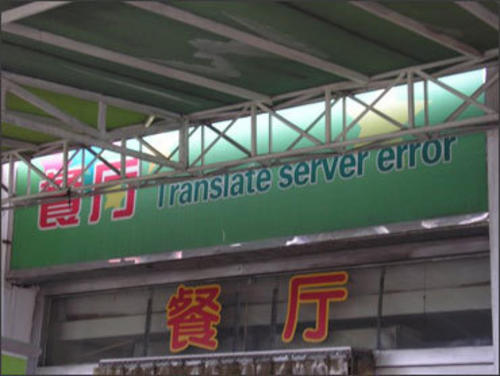More than three out of every four Americans feel it is important to have a “choice” between a government-run health care insurance option and private coverage, according to a public opinion poll released on Thursday.
A new study by SurveyUSA puts support for a public option at a robust 77 percent, one percentage point higher than where it stood in June.
On Wednesday, [Grassley] denied those claims and fired back at Obama, saying the president should publicly state his willingness to sign a bill without a controversial government-run insurance plan.
As doubts have grown about some of the more controversial parts of Mr. Obama’s plans, such as the government-sponsored insurance option
Analysts say that controversial elements like the public option may well be in jeopardy as members of the public voice their discontent with that and other issues at town hall meetings
But judging by the 30 or so questions, the surprise of the night was the support for some of the legislation’s most controversial elements — a public health insurance option among them.
But during the Sunday talk shows, key aides hinted that the controversial public health option, similar to Medicare but designed to force private insurers to compete for business, may come off the table
He noted, however, that he was expressing his personal opinion, and CalPERS has not yet issued a formal position on the controversial public plan option.
A “public option” is among the more controversial proposals. In short, it would set up a government-run insurance plan to compete with commercial plans.
The fact that media outlets across the country are describing a proposal that has the support of 3/4 of Americans as “controversial” tells you everything you need to know about the influence that corporate special interests have over our political landscape. It actually reminds me of how the media has long referred to medical marijuana laws as controversial, even though the right for people to use it has long had overwhelming support across the country.
Along those same lines, I’d be willing to bet that there’s something analogous to this within the health care/public option debate as well:
Every time medical marijuana has been on a state or local ballot it has passed overwhelmingly — most recently by 83 percent to 17 percent in Burlington, Vermont this March 2. State and national polls consistently show support levels ranging from 60 percent up to 80 percent or higher. This support comes from virtually all segments of the electorate: Young and old, liberal, and conservative, rich and poor, Republican, Democrat or independent.
Yet politicians remain, for the most part, scared to death of the issue. Efforts to pass medical marijuana bills through state legislatures have had surprisingly tough going, considering the overwhelming public support they enjoy. Successful efforts, such as the bill passed and signed into law in Maryland last year, have sometimes required painful compromises that limit the protection given to patients.
…
Asked if they support legal access to medical marijuana for seriously ill patients, the results from voters in both states were consistent with previous polling: 71 percent yes to 21 percent no in Vermont, and 69 percent yes to 26 percent no in Rhode Island.
But the new poll added a question that has not often been asked: “Regardless of your own opinion, do you think the majority of people in [Vermont or Rhode Island] support making marijuana medically available, or do you think the majority opposes making marijuana medically available?”
The result was that most of the people surveyed greatly underestimated how widespread the support was from their fellow citizens. I’d bet that you’d find the exact same dynamic with the public option. The media’s treatment of the subject greatly skews the reality of what the American public generally believes.
The bigger question to me is whether progressive politicians who seem to play along with the fake controversy are doing it because they’re naively buying into the false premise of it being controversial or if they do it because the cover provided by the fake controversy allows them to keep special interests happy.





